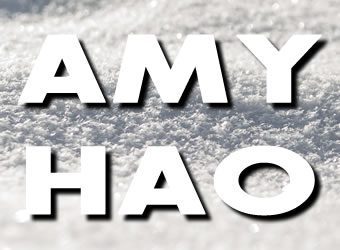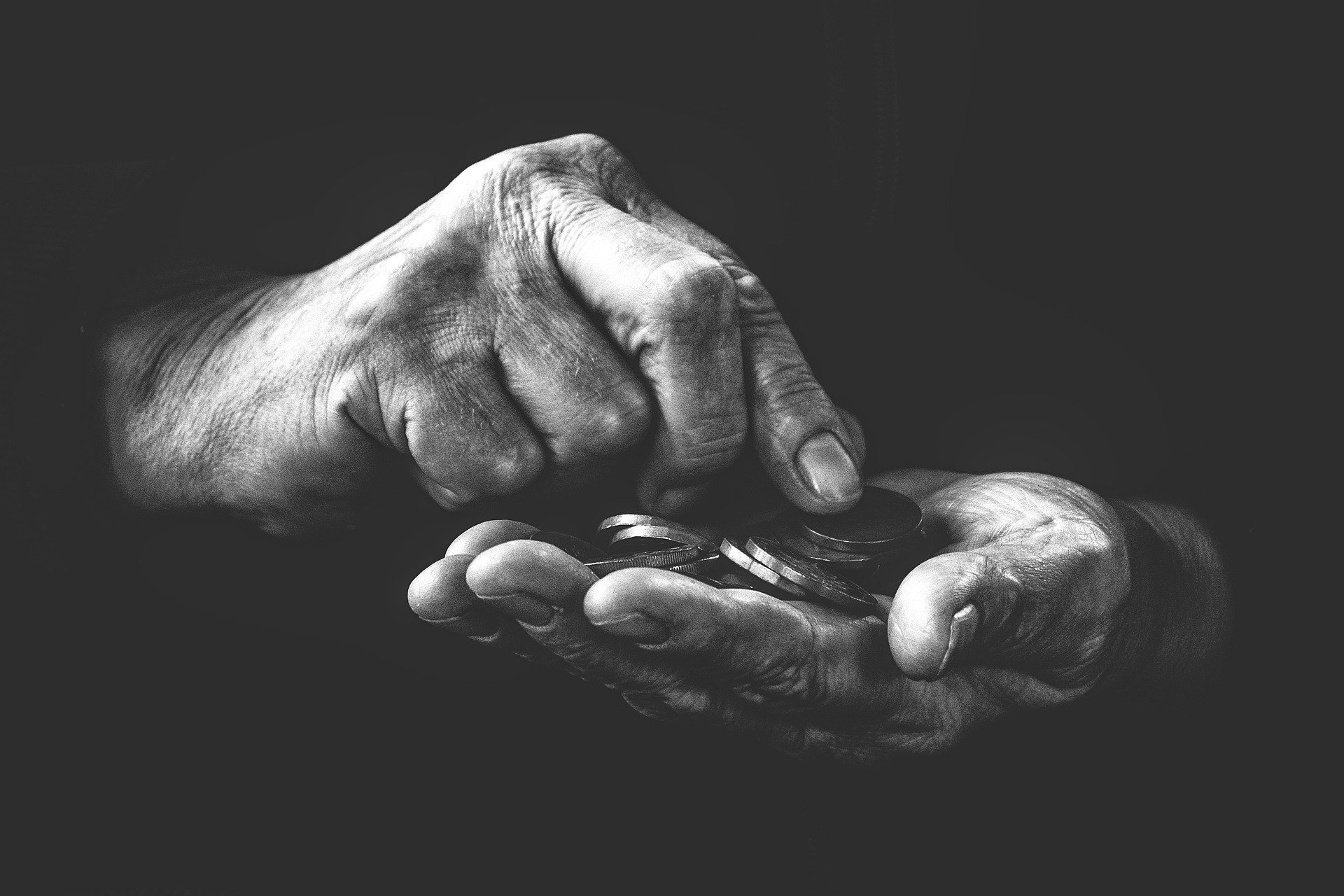Amy recalls her experience in China with the redistribution of wealth. She was born in 1952. Her brothers were born in 1948 and 1949. There was baby formula available from the US for her brothers, but for her there were less desirable options. She recalls coupons and rationing for food that would get “worse and worse”. She recalls that there were rich and poor before the CCP took over, but after the CCP took over, they began redistributing the wealth. There was a brief period when the poor benefited, but the supplies very quickly ran out.
When Amy was on the train to the re-education camp, traveling through the 10,000 mountains area, the train stopped at a station, but didn’t let anyone out. Then thousands of kids ran up to the train and started banging on the windows begging for food. Amy recalls that their poverty was so severe that there were grown up girls without clothes. Amy recalls being surprised to see such severe poverty when the propaganda had always said that those sorts of problems only happened in other countries. A few moments later, the Liberation Army showed up to chase the children away from the train. The experience was a real shock to Amy, just to realize that people in their country could be that poor.
At the re-education camp, the most loyal to the party poor farmers would talk to the camp internees. The camp buildings and land had been confiscated from a Thai chief and the former villagers.
Amy was assigned to speak to a Thai woman who spoke a little bit of Mandarin. Amy asked her how her life had changed before and after communism. She said that the reason she was classified as a poor farmer was that her village had been burned down and she had fled to a Thai village. The Thai village had accepted them, but they had no land. They worked for the local chief and eventually they were able to earn enough to rent some land to farm. The land in their area was very bountiful.
After the land was turned over to the CCP and the government commune took over all the land, the misery began. The rich peoples property was taken to give to the poor, but was actually given to the state. The communist officers called a daily roll call. You had to work even if you were sick. Two thirds of the produce was taken by the government. The farmers were left with only a 5 month supply of rice for the year. Formerly, there was enough to live on and life was good. Families took care of each other and had their own private gardens. After communism, you were not allowed to tend your own garden. Some of the locals made a Buddhist temple were they would place some extra rice for the poor. They were hung for stealing food.
Amy asks why the same land was bountiful and the people lived well, then they were poor. She suggests it was the redistribution of wealth.
In 1985, Amy’s family visited Hong Kong and she recalls being shocked by the amazing food at a market. She had never seen so much food and with no long lines. She remembers being amazed by the idea of a choice of different ice cream flavors. She says in China they “only had ice, no cream”.

